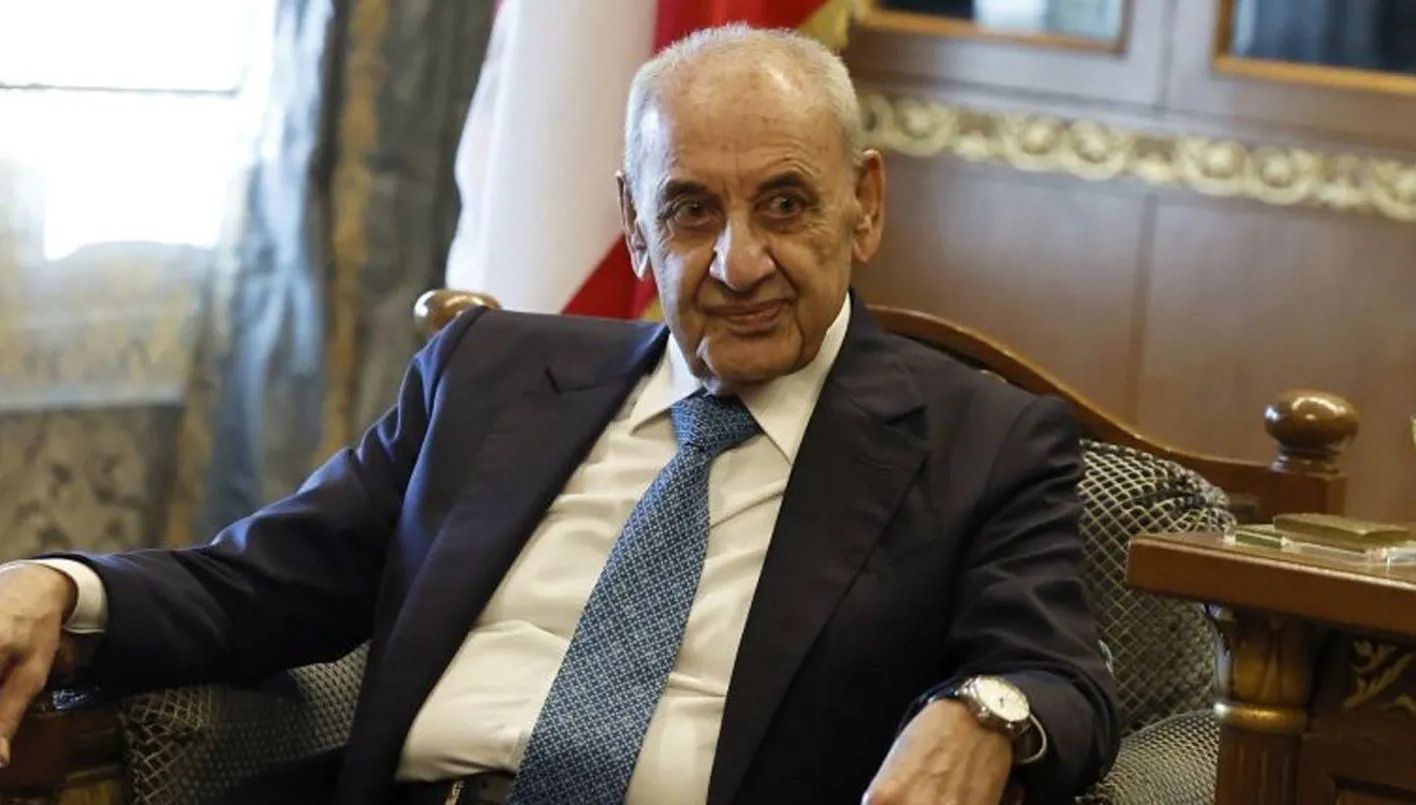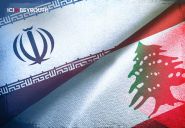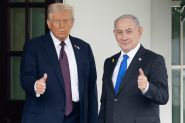
Parliament Speaker Nabih Berri speaks only when circumstances demand it or when a message must be conveyed, whether on domestic or external fronts. He has mastered the art of choosing his words, his audience, and the medium through which they are delivered. This is the result of forty years of political shrewdness, which has taught him how to navigate many crises.
In this context, his latest remarks are no different from his previous ones in form or substance. Yet, unlike his recent interventions on the southern front, this time Berri broke his silence on a domestic issue tied to the post-Israeli war phase.
He chose journalist Radwan Akil and An-Nahar newspaper as his platform—addressing his message through one of the most balanced Shia journalists and a paper of Christian symbolism that lost two of its icons, Samir Kassir and Gebran Tuéni, in 2005, and has since opposed Hezbollah’s line.
The most important point Berri made in his brief comments to An-Nahar was to dismiss all claims that the Shia community is seeking political gains, stressing that the Shia are not pursuing constitutional amendments to strengthen their presence in state institutions.
His words came in response to recent speculation in political circles about behind-the-scenes discussions on creating a Vice President position with real powers, or granting the Army Command to the Shia community as a way to reassure Hezbollah’s base about the issue of weapons and their eventual handover. None of these proposals, however, have gained traction either domestically or internationally. Berri’s denial effectively put an end to such rumors.
He went further, tackling the unspoken yet persistent concern: the notion of muthalatha (tripartite power-sharing). He categorically denied pursuing it in any form.
Instead, Berri reaffirmed his commitment to the Taif Agreement, his support for establishing a Senate representing spiritual families and sectarian communities, and for electing a parliament outside the sectarian framework. Such reforms, he stressed, carry no threat to communal balances if the non-sectarian electoral law is fairly designed.
After all, who truly rejects Taif? Even Michel Aoun, its fiercest opponent, never said during his years in Baabda Palace that he was against it. On the contrary, he always declared his support for it with full force and energy. This is a truth that cannot be ignored.
Berri’s reaffirmation today is nothing more than an additional confirmation that the Shia want to remain within the state, no matter how loud dissenting voices may echo.



Comments